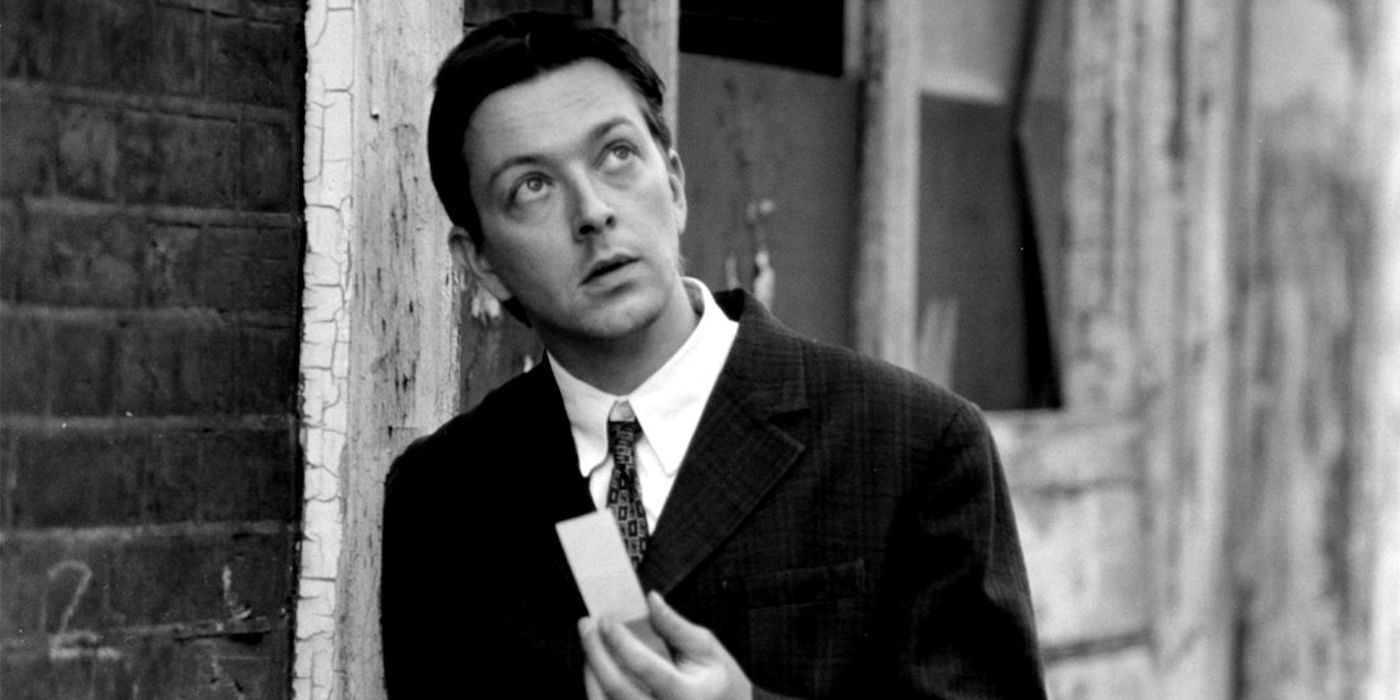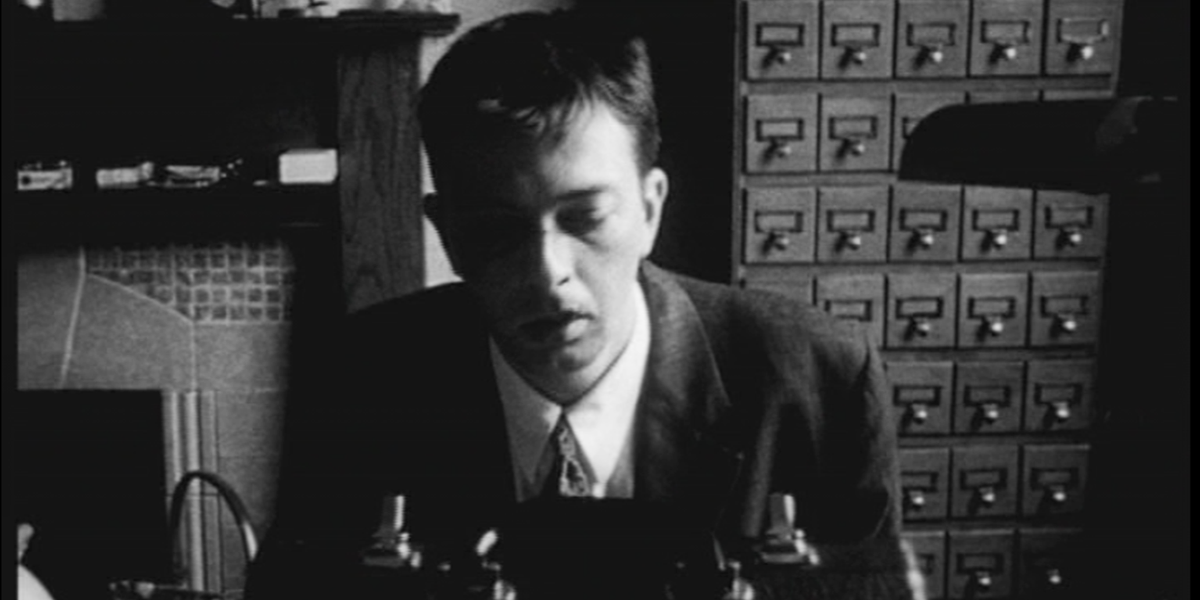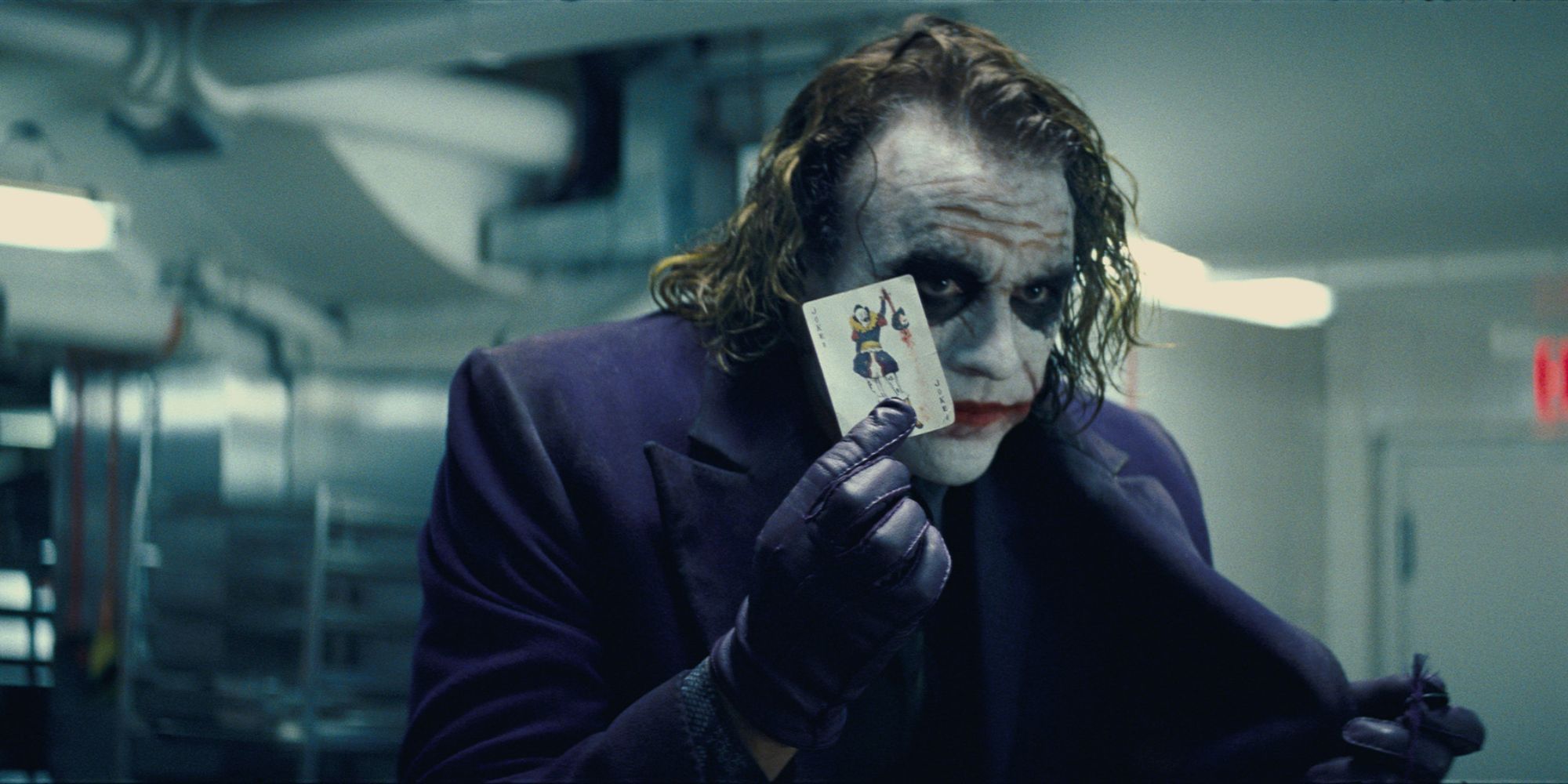With the arrival of his latest film, Oppenheimer, to roaring praise, Christopher Nolan is arguably the most successful director working today. No other director can demand and receive a massive budget to helm tentpoles that aren't based on pre-existing properties. By this point in his career, Nolan's insistence on his original ideas are part of why he's able to create such vast visions of scale and import. Nolan has made himself the brand, and the brand is somewhere along the lines of "I make blockbuster features with an intellectual tilt." Of course, other filmmakers also seek to inject thoughtful themes and ideas into their tentpole features, but Nolan puts those ideas at the forefront of his movies. A filmmaker obsessed with time and the lies we tell ourselves in order to live, Nolan has made his movies entertaining enough as populist fare while retaining a coolly intellectual vibe.
‘Following’ Is Essential Viewing for Any Nolan Fan
The most remarkable aspect of Nolan's debut feature, Following, is that it retains the same themes Nolan returns to repeatedly throughout his filmography. That's oddly encouraging because even as the budgets of his movies have ballooned thanks to the success of hits like The Dark Knight and Inception, Nolan appears transfixed on the intersection of time and identity. He seeks to unmoor his audience from traditional chronology to better demonstrate his characters' fears and vulnerabilities. For Nolan, time is an artificial construct that can be bent to his will to better illuminate a story of a broken man (it's always a man), who, through his brokenness, either succumbs to his own ego or finds some kind of acceptance that allows him to persevere.
What Is 'Following' About?
Released in 1998, Following is a true independent movie, and Nolan purposefully constructed it knowing he'd have almost no budget with which to work. The story follows The Young Man (Jeremy Theobald), a struggling writer who spends his days following strangers to see where their lives will lead them. His voyeurism quickly rebounds on him when he encounters Cobb (Alex Haw), a criminal who takes The Young Man under his wing. Cobb is also a voyeur of sorts, purposefully upending the lives of his victims by (to paraphrase his twisted ethos), "showing them what they have by taking it away." The Young Man is enthralled with Cobb's teachings, especially when they lead him to The Blonde (Lucy Russell), a femme fatale caught up with a crime boss (Dick Bradsell).
After setting up the film with a framing device involving The Young Man and The Policeman (John Nolan), Following jumps between three time periods where The Young Man is at the start of his journey, another time period where he's trying to emulate Cobb's cool detachment and control, and a third where he realizes he's been had and he's struggling to make sense of being the patsy. Even though the film is visually presented with the same black-and-white consistency, Nolan makes it easy for us to differentiate the time periods based on The Young Man's appearance.
This attention to detail runs throughout Following and is why the film is so surprisingly successful even as a first feature. In his commentary track, Nolan explains that he knew he wouldn't have much money, so every decision in his screenplay and direction was based on how to never show the strings of not having much money. For example, Nolan uses black-and-white not simply because it's cheaper, but because he knew they'd be limited in how they lit the scenes. When you light in color, that changes the way the film captures the image, and since he was relying heavily on natural light, black-and-white would give him a more controlled image.
'Following's Themes Are Continued in Nolan's Later Work
Playing with time is a neat trick to keep the story lively, but unlike Memento, Inception, Interstellar, or Dunkirk, Following isn't really about time as much as it's about a comforting lie (an idea Nolan returns to in Memento, The Prestige, The Dark Knight, Inception, and Dunkirk). The great, delightfully mean-spirited twist in Following is that the protagonist is a writer who doesn't realize he's being told a story. The film functions almost as a mission statement of sorts against thoughtless voyeurism. Even at the start of the story when The Young Man is following people, he's more concerned with the rules of following rather than the outcomes. His excuse is that it's for his writing, but he never writes anything. Instead, he quickly becomes a pawn in Cobb's game.
Even though Cobb is the film's "villain", you can see the admiration Nolan has for the character. Not only is he erudite and well dressed, but he's also a creator. While The Young Man fantasizes about creation, Cobb (the only character with a name even if it's an alias) is actually doing it by being an active player in his own life and the lives of others. He's happily whipping up new narratives, whether it's making a couple believe that a spouse is being unfaithful to the big narrative where he gets to pin suspicion and ultimately blame on The Young Man. To see Cobb disappear into the crowd at the end of Following while The Young Man takes the fall, there's an element of darkness, but also a perverse triumph. Cobb is untouchable because he directs the story rather than being subject to its whims.
This exultation of control reappears constantly through Nolan's movies, and any loss of control or mistaking one's control is a sign of weakness. Rarely does a character in a Nolan movie simply give themselves over to unpredictability, and if anything, they actively push back against chaos. Even a character like The Joker, who bills himself as "an agent of chaos" is a meticulous planner who is constantly two steps ahead of our heroes. It's not until you reach 2017's Dunkirk that survival as an act of defiance breaks the bounds of control. As Nolan has gotten older, he's slowly pushed himself to learn to love letting go (as seen in Interstellar), but in Following, that's The Young Man's downfall. He thinks he's in control by following, but he never had any control at all because he is, by definition, a follower rather than a leader.
For Nolan to have his ideas mapped out so clearly from his first film is remarkable. One could argue that it's taken him too long to grow past these ideas, but I would counter that they provide the foundation upon which the rest of his filmography lies. Yes, there are plot points like "dead wives" that should be discarded, but I never feel like I'm watching the same Nolan movie even if they're using time, identity, and control in different ways. I wouldn't confuse Following with The Prestige even thought they're playing with similar thematic territory. Obviously, part of that is how Nolan has grown as a filmmaker and the larger budgets he has to play with, but it never feels like he's painting the same picture on larger canvasses. Instead, the concepts are Nolan's starting point and he builds out from there. Nolan would return to the noir genre and continue to explore time, identity, and control with his next feature, which would serve as the filmmaker's breakthrough work.




